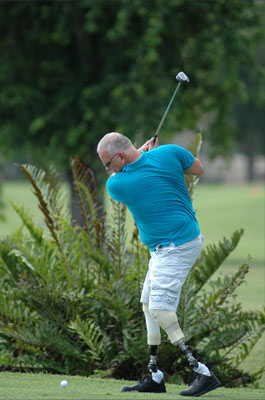Clinical Evaluation
We look forward to meeting you and discussing your prosthetic needs. The aim of prosthetic rehabilitation is to safely achieve maximum independence with minimum extra energy expenditure. In other words, it is our goal to help you restore your “act of daily living” (adl) and attain maximum efficiency with your prosthesis. Rehabilitation programs differ for every client. We take into account your pre-amputation lifestyle, your expectations and any challenges presented by other medical conditions.
What will be covered during your Clinical Evaluation:
- Evaluation of condition of Residual Limb
- Evaluation of Strengths and Limitations.
- Discussing your Short Term and Long Term Goals.
- Developing a Strategy of Care that helps you attain your dreams for your life.
- Reviewing Prosthetic Components – available technology and their advantages and disadvantages.
How to prepare for your Clinical Evaluation visit:
- Please allow one to two hours for this first visit so we may adequately provide you with a complete evaluation and answer any questions you may have. We greatly appreciate, as do patients with appointments following your, that you arrive at the scheduled time of your appointment.
- Please bring your prescription and diagnosis and any additional medical information such as X-rays, MRIs, CT-Scans or medical documentation that you or your physician feel would be pertinent to your prosthetic rehabilitation.
- Dress comfortably. Wear loose fitting clothing permitting ease of access to all areas being examined (such as running shorts). Sometimes, patients choose to get started with their prosthetic fitting the day of their Evaluation visit. We use the BioScanner with 95% of our patients which is a non-invasive laser line scanner, which means no plaster and no mess.
- As part of our comprehensive treatment program, a scan, video, and/or photographs may be taken to document your progress and changes to your residual limb.


